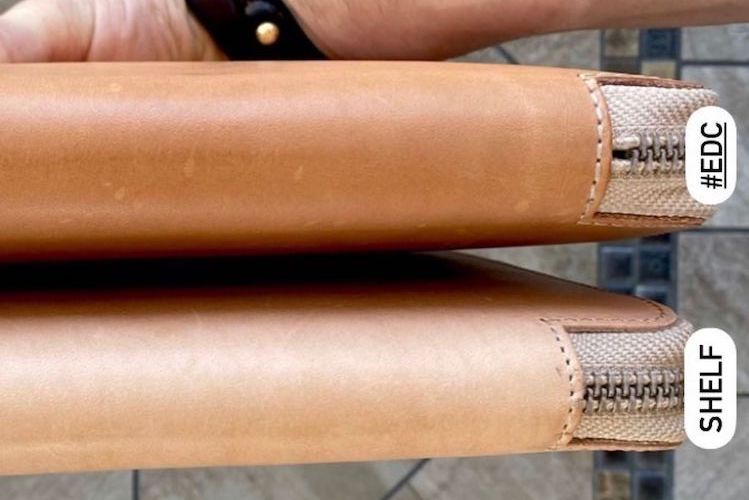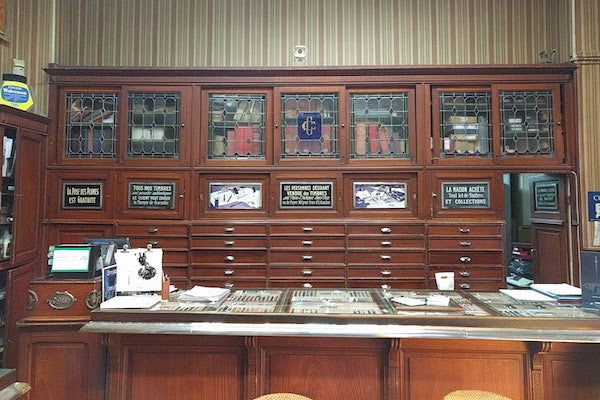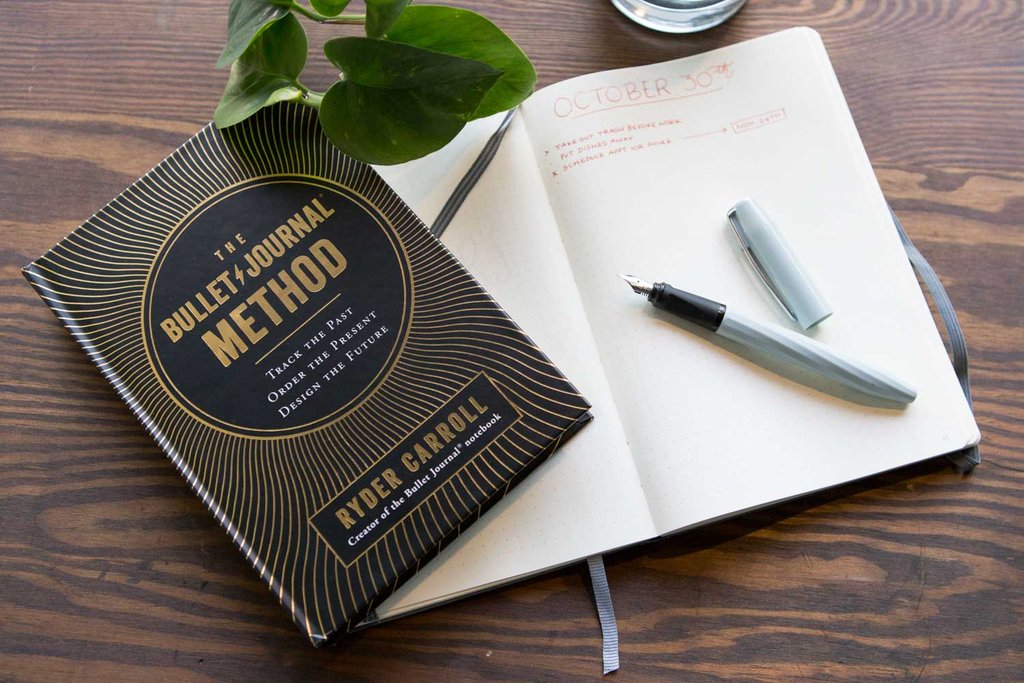Leather Patina – Everything You Need to Know

What is Patina on Leather?
Patina is the character and thin sheen that develops slowly on the surface of leather goods through time, regular use, and exposure to natural forces. This improves the natural appearance of the leather, giving it unique qualities. Patina makes full-grain leather second-to-none.
This guide helps you understand the process and what leather patina is.

Start with Quality Leather for a Perfect Patina
For a patina as unique as the item itself, we here at Galen Leather Co. believe the best patina forms on quality undyed leather. The second-best patina forms when using crazy horse leather and the third-best leather for a quality patina is achieved using full-grain plain leather. So, if a stunning patina is your desire, keep these facts in mind when deciding on what leather to purchase. You will hear other terms used such as “top-grain,” “split-grain,” and “genuine,” when talking about leather – read our full rundown on grades of leather.
3 Factors in the Creation of Leather Patina
Although time is the one factor most necessary in the development of patina, some other factors contribute to the process as well. Leather is organic and will absorb any substance that it comes into contact with - there are no artificial processes that can produce the character and beauty of a natural patina.

1. Normal Use
One of the great things about leather products, unlike most things we buy that wear out with use, is that fine leather improves and transforms with age and everyday use. It builds a character all its own and is unique to the owner – complete with blemishes and scars as reminders of life’s interesting events.
2. Body Oils and Dirt
Another addition to normal use will be the touching, handling, and carrying of your leather items that transfer oils from your body, dirt, and moisture to help aid in the patina formation, creating a darker, richer hue in the areas that you touch most.
3. Sun/Ultraviolet Rays
Exposure to ultraviolet rays from the sun and its heat will also influence your leather goods, aiding in the aging process and development of a fine patina. Sunbathing your leather goods will give them a tan, or organic darkening, the same way it does you. But use caution in the amount of sun your leather gets, as the sun can cause drying, and damage the leather. You can consider a leather balm to ensure proper aging.
Your Fine Leather Before and After Aging

You may be tempted to preserve that clean, “new” look of your piece in its natural leather state. The pristine, unmarked leather is surely a thing of beauty, but the aging process is inevitable. However, you can take steps to slow it down if you wish, by doing the opposite of the things mentioned above, and cleaning, conditioning, and sealing your leather products. You won’t be getting much use out of your goods, but the process will be slowed down. If, on the other hand, you want to develop that patina look and feel, you should start to notice changes from friction and normal use in a fairly short time. Your leather will begin to darken noticeably after six months, and after a year the rich earthen tones will begin to smooth with regular exposure to the elements.
Why Care About Your Leather Patina?

The beauty that forms with age, the one-of-a-kind look and feel, and the sign of high-quality possessions, are all good reasons to enjoy the veneer that is developing as your special leather product ages. Taking an active role in the aging of your leather is vital, as these products will last for a very long time and can even make their way through many generations
View all the leather goods that get a beautiful patina at galenleather.com.
**All patina journey pictures taken by a-man-and-his-word on Instagram.
FAQs About Leather Patina
- +What is patina on leather?
- Patina is the natural sheen and darkening that develops on leather over time through regular use, handling, and exposure to the elements. It’s a hallmark of high-quality full-grain leather, adding depth, character, and a unique aged look. No artificial process can replicate the beauty of a true leather patina.
- +How long does it take leather to develop a patina?
- Leather begins to develop patina within a few months of regular use, with noticeable darkening and character appearing around the six-month mark. After a year, full-grain leather shows deeper tones and a smoother texture. Factors like handling, exposure to sunlight, and body oils all influence how quickly patina forms.
- +What type of leather develops the best patina?
- Full-grain develops the best patina. It absorbs oils and sunlight naturally, aging beautifully over time. Crazy horse leather is also an excellent choice due to its waxed finish that responds dramatically to wear. Lower-grade leathers like genuine or bonded leather won’t patina the same way, if at all.
- +Can you speed up leather patina naturally?
- Yes, you can naturally speed up patina by using your leather regularly and exposing it to sunlight and handling. Friction, body oils, and even weather all contribute to faster aging. Just be careful—too much sun or moisture can dry or damage leather, so use a quality leather balm to protect while accelerating the look.
- +Is leather patina a sign of quality?
- Yes, a rich, developing patina is often a sign of high-quality leather—especially full-grain. It shows the leather is aging naturally rather than wearing out. A beautiful patina not only adds uniqueness to the item but reflects the craftsmanship and authenticity of the material itself.
1 Response
James
Will pull-up or chrome tanned leathers patina slower than vegetable tanned leathers?
Also, will leather dyed tan stay tan for some time, or will it just continue to darken at the same rate?
How does leather dyed blue or green patina over time?
Leave a comment
Comments will be approved before showing up.
Also in Blog

Paris Fountain Pen and Fine Stationery Stores

A Review of the Jibun Techo Japanese Planner System
The Jibun Techo is divided into three booklets: LIFE, DIARY and IDEA. From the start it feels really satisfying to have them stacked all together. It suggests that it is a very substantial system before you even begin exploring it. For an in depth review of a new user's experience using the Jibun Techo planner, then read on.




Galen Leather
Author